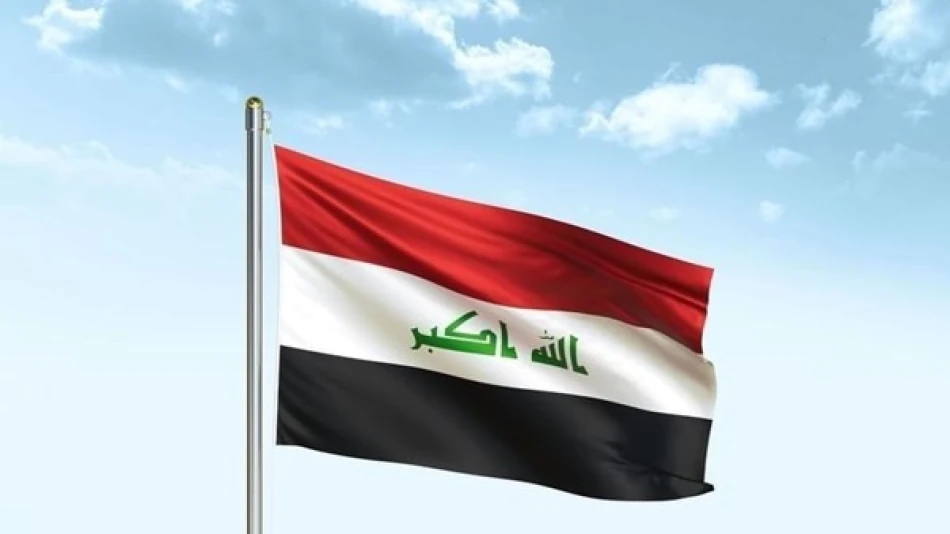
Deadly Fire Engulfs Iraqi Shopping Center, Casualties Reported
Deadly Shopping Mall Fire in Iraq Claims Dozens of Lives, Exposes Safety Crisis
A devastating fire that tore through a major shopping center in Kut, eastern Iraq, has killed and injured approximately 50 people, highlighting the country's ongoing struggle with building safety standards and emergency preparedness. The tragedy underscores deeper systemic issues plaguing Iraq's commercial infrastructure as the nation attempts to rebuild its economy.
The Kut Shopping Center Disaster
The blaze erupted overnight at one of the largest commercial centers in Wasit province, according to provincial governor Mohammed Jamil al-Mayahi. The fire's rapid spread through the facility resulted in a casualty count that reached around 50 people killed and wounded, making it one of the deadliest commercial building fires in recent Iraqi history.
Governor al-Mayahi declared three days of mourning across the province as rescue operations concluded and the full scope of the tragedy became clear. The announcement reflects not just local grief but also the broader impact such incidents have on communities still recovering from decades of conflict and instability.
Investigation Launched Amid Safety Concerns
Authorities have launched an immediate investigation into the fire's cause, with preliminary findings expected within 48 hours. This rapid response timeline suggests officials are treating the incident as a potential case study for broader safety reforms.
The investigation's urgency likely stems from Iraq's troubled history with building safety incidents. The country has experienced several major fires in recent years, often attributed to poor electrical systems, inadequate fire safety measures, and lax enforcement of building codes.
Iraq's Infrastructure Challenge
This latest tragedy illuminates a persistent problem across Iraq's commercial sector. Many buildings constructed during the post-2003 reconstruction period were built rapidly with minimal oversight, prioritizing speed over safety standards. Shopping centers, in particular, have become symbols of Iraq's economic recovery but often lack the sophisticated fire suppression systems common in developed nations.
The broader implications extend beyond immediate safety concerns: Such incidents can deter foreign investment in Iraq's retail sector and undermine public confidence in commercial developments. For a country trying to diversify its oil-dependent economy, building safety represents a critical foundation for sustainable growth.
Regional Context and Lessons
Iraq's fire safety challenges contrast sharply with neighboring Gulf states like the UAE and Kuwait, which have implemented stringent building codes following their own historical incidents. These countries now require advanced fire suppression systems, multiple evacuation routes, and regular safety inspections for large commercial buildings.
The Kut fire also recalls similar tragedies in developing economies worldwide, from Bangladesh's factory fires to Brazil's nightclub disasters, where rapid economic growth outpaced safety infrastructure development. These incidents often serve as catalysts for regulatory reform, though implementation remains the key challenge.
Economic and Social Impact
Beyond the immediate human cost, the fire will likely have lasting economic consequences for Kut and surrounding areas. Shopping centers serve as economic anchors in Iraqi cities, providing employment and attracting related businesses. The loss of such a facility can create ripple effects throughout the local economy.
For Iraq's insurance sector, still developing after years of conflict, such incidents highlight the need for comprehensive coverage and risk assessment. International insurers may view this tragedy as evidence of systemic risks in Iraq's commercial property market, potentially affecting future coverage availability and pricing.
The incident also underscores the urgent need for Iraq to modernize its emergency response capabilities and building safety regulations if it hopes to attract the foreign investment necessary for economic diversification beyond oil revenues.
Most Viewed News

 Layla Al Mansoori
Layla Al Mansoori






